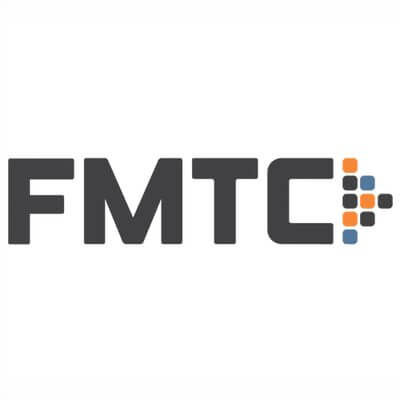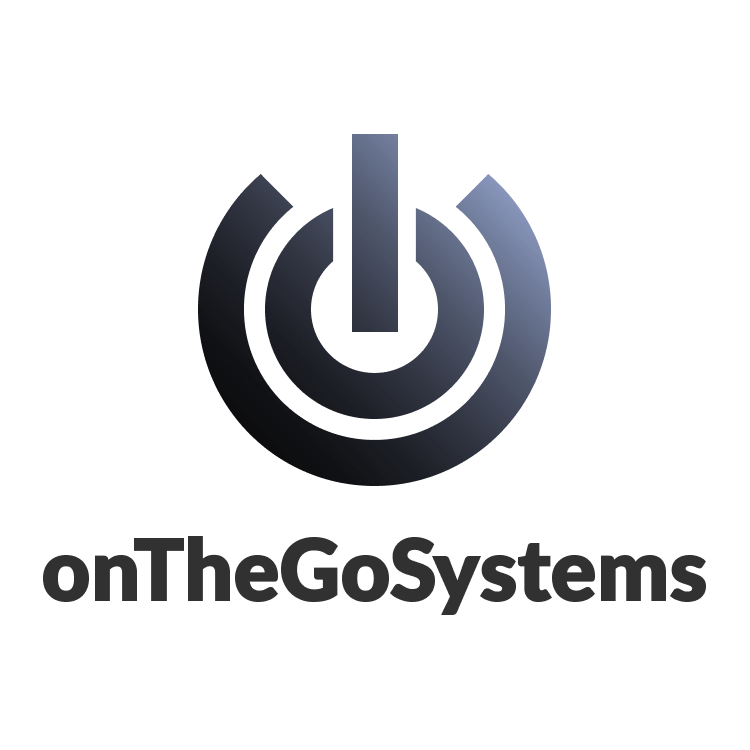Do you organize remote team retreats?
TIP 1: think about the most important thing you want to accomplish and let that lead your decisions about who attends, what you talk about, etc.
TIP 2: a big value of retreats is that they give a boost to the long-term teamwork of the people at the retreat.
TIP 3: handle people’s sleep and food so they can concentrate; then choose a place that inspires.
TIP 4: traveling west seems to generate less jet lag than east.
TIP 5: Two and a half days seem to be our ideal time for programming.
No, we did try to do meet-and-greet lunches in various locations. There was little to no interest since those who work remote do this for a reason. They have their daily routines that remote work fits with. Many do not wish to or cannot alter their routine.
Yes! We organize three all-company events per year. One focused on working together on specific company projects, one focused on training, and another focused on annual planning and goals.
We’ve learned that it’s very important to give our team “free or unstructured time” during these weeks to get to know each other, bond, and hang out on their own. Initially we scheduled a lot of activities and received feedback that it was too much and therefore not as fun as we had hoped. As a result we’ve minimize pre-scheduled team meals or fun activities to one to two per week and let the rest happen organically.
Airbnb works great and really strengthens the team. Understand any dietary restrictions and assist in any way possible getting your team from their house to the rental property (Uber accounts, flight tickets, etc.). Have someone dedicated to keeping things organized, such as making sure the fridge and snacks are stocked and keeping the team on track with any planning sessions.
Yes – see my blog where I wrote the definitive guide to planning an offsite.
We do organize a company-wide trip twice a year. This gives everyone a chance to mingle and meet face to face. It also encourages the company’s sense of morale and teamwork. Goodway Group is a family-owned business, and these trips help instill our unique culture into our employees.
At our team meetings, we do organize loads of stuff, which are fun and supports team building. Most of the time we are away for a whole week and just enjoy the time together without work.
Yes we sure do! Jungle Camps twice yearly. It is a great way to meet, work, and grow together. It is also a time when we really get to know each other and let our hair down too.
We organize retreats and offsites about once per quarter. A couple tips: choose a great venue for your company retreat and, of course, use the time to communicate and listen.
- Once a year we converge on a tropical location for our annual company retreat. (You can find a recap of our 2016 team trip here.) It can be tough to coordinate schedules and travel between such a large group of remote workers, so we usually wind up with about half the company in attendance. A few tips we’ve learned along the years:
- Find a location that can accommodate your entire team in relatively close proximity. When people are too spread out, you lose a lot of time to transportation and wandering.
- Include team building and individual downtime in your plan. Of course you want to maximize the work you get out of the trip, but you don’t want to burn everyone out in the process. Downtime is necessary to allow people to recharge, and team building activities help you reinforce company culture while strengthening interpersonal relationships.
- A well-planned trip is worth its weight in gold. Communicate expectations, schedule, and activities in advance so your team can hit the ground running when they arrive.
I’d say that it’s important to organize the retreats with time in advance to make sure the team works smartly together (discuss ideas and works on goals), but also has fun. There can always be activities that allow getting to know each other better, just pick them carefully if you have a multicultural team—cultures are so different that not all games are fun for all. Some may even become uncomfortable if the games involve some physical contact. Another tip, make the most of your time and spend as much time as possible talking to people. You don’t see them every day, and it’s a good opportunity to know more about the person behind the role.
We had our first company retreat less than a year ago in the Catskills when we were 12 people. I wouldn’t want to have a retreat with a bigger group than this for logistical reasons, as well as the intimacy you lose when having a large group. I would also recommend keeping it just under a week (~5 days) and giving everyone two months’ notice if possible.
We meet once a year and vote for the location that most people want to do. So far, we’ve been to Barcelona, Bulgaria, the Philippines, and Thailand, and next up is the French Alps. We meet for 7-14 days. Most often people want to be away for around 10 days.
In the earlier days when the team was ~15 people, we would gather the whole company together for week-long (Mon-Fri) retreats in different locations 4 times per year. This was a lot of legwork for the planner and a lot of travel for the team…and subsequently expensive. Because of the time and expense, we would also try to cram a lot of different themes into those weeks: working time, planning time, culture & team-building events, customer interactions, Board interactions, etc. We found that by the time Friday rolled around people were exhausted and had quite enough of each other 🙂
Over time we have gotten more focused in how we use our time together. For one, we try to revisit favorite locations to save time spent researching and planning logistics. Also, we have cut down on the number of all-team meetups, opting instead for 1-2 all-team meetings and more small group meetings throughout the year. Those meetings are shorter, too, typically no longer than 3 days.
Lastly, we are more focused about how we use the time we spend together – it’s now almost exclusively for team and culture-building purposes instead of work time. It turns out we work and collaborate very well together already online and don’t need to use our face-to-face time for that.
For a remote team, the main focus is actually just to spend time together face-to-face, so plan everything around that. We find a yearly all-team meetup is a good time to have year-in-review discussions about our culture and practices, with less focus on specific current projects. We specifically do not use our yearly meetup to plan an agenda for the year or make big decisions. We want it to be a more casual meetup where people can surface concerns openly and get to know their coworkers.
Twice a year we organize a team work retreat. We just returned from a week in Lake Tahoe, CA. Our retreats aren’t really “vacations for brainstorming”, but instead we get everyone in the same room to iron out any outstanding issues. We also do fun activities like hikes, snowball fights and cook team dinners together! It’s an opportunity for natural conversation and synergy to occur which is a bit tough over video chat.
We meetup as an entire team at least twice per year. We call them JarFests. We work hard to plan them in a fun city with great food and weather. Everyone looks forward to hanging out together and talking through our goals and priorities for the upcoming months.
TIPS: plan at least of couple of GREAT meals. Give everyone on the team spending money (we give gift cards) to use for gifts for their kids or if they want to stay out late enjoying some adult beverages. It’s also important to have team members share the planning of your retreats.
Yes, we do. This is critical for us. First of all, you need to have a clear agenda with what you want to achieve during the trip. This may be the one time you meet with each other this year, so you have to make it count. Second, schedule some fun time. This is actually where you get to know each other as people, not just colleagues. Plan dinners, have excursions, and do activities together.
Yes we do, and they are awesome. My tip would be to keep the work content to a minimum. A brief session on how the company is going with discussion is enough. The rest of the time just enjoy each other’s company. With remote working there is so much distraction free focus on your work in between retreats. At the retreat, just get distracted with each other.
Yes, in-person time is important. For us, the most important part of the retreat is all of the non-work time. We plan a fun activity, volunteering, and lots of team dinners for our retreats. This is our top priority.
Please don’t spend your retreats sitting around a table looking at your laptops. You can do that the rest of the year.
Our work sessions on the retreat are meant to be inclusive of the whole team and focused on the future. We talk big picture ideas, brainstorm new products, and push our thinking. Being in a new location is helpful for getting outside of your mental boxes.
Yes. We find one place that can host us all. Make sure it’s not in a city, you want everyone to be huddled up together and not be able to break off into groups and go elsewhere and opt out. Have fun! We always have a few fun days planned with adventures. Get a caterer so you don’t have to worry about food and get a facilitator to help manage the strategy part.






















